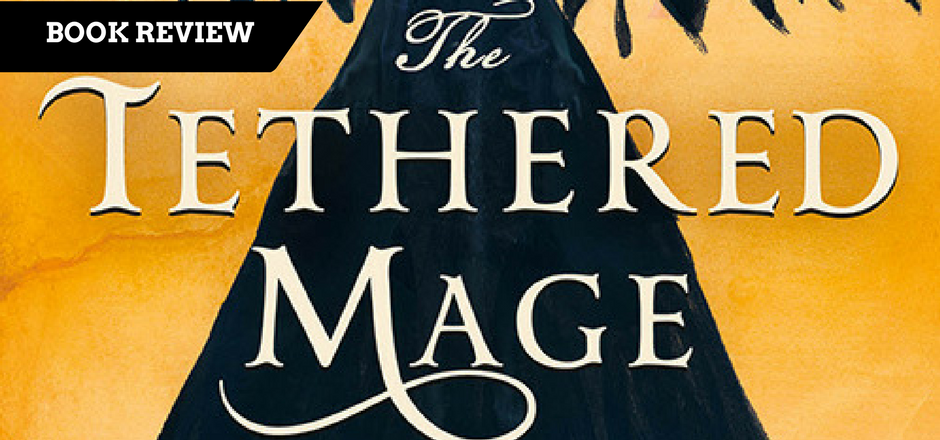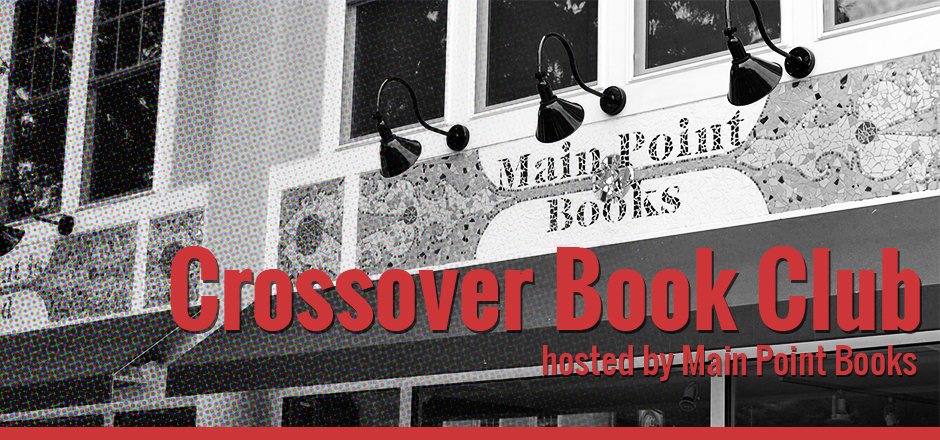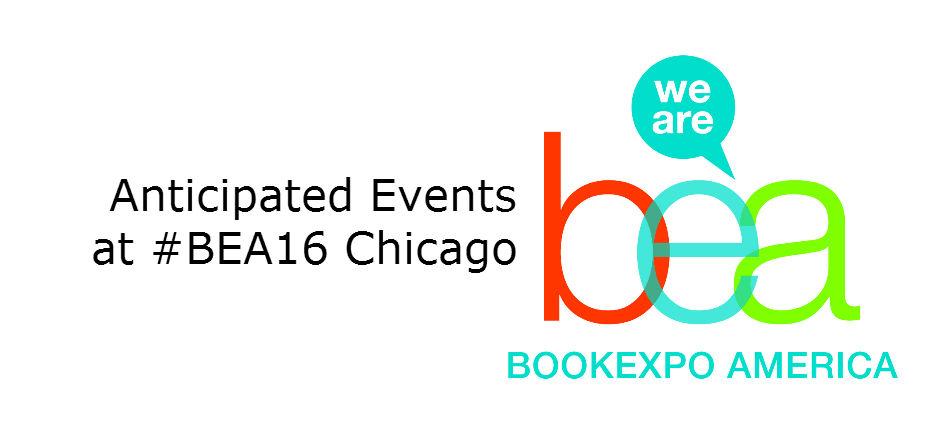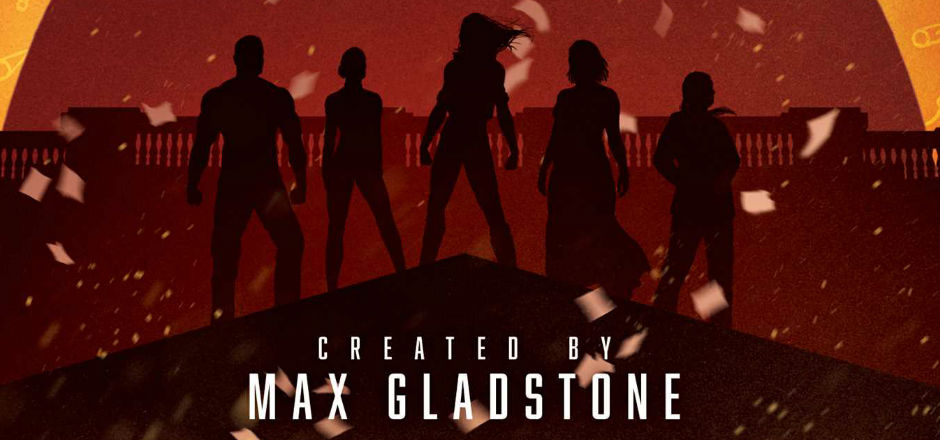Amalia Cornaro is the heir to one of the most powerful women in Raverra, and she knows it — which is why she never should have become a Falconer, accident or not. In her attempt to save the city from a rampaging magic-user, Amalia tethered herself to the powerful fire warlock Zaira, a young woman who’s spent her entire life running from the virtual enslavement of the Falcon system in the Raverran Empire. Now they’re tethered together, for better or for worse, and political strife in one of the Empire’s vassal states could cause the whole thing to go up in flames.
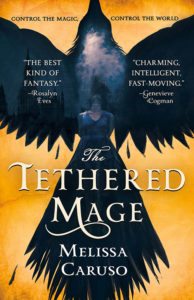 I’ve been looking forward to The Tethered Mage for months. While I love fantasy, I tend to enjoy sleeker series to epics, and the compact length of The Tethered Mage combined with the description promising a street rat and a noble bound by fate, I knew this book would shoot towards the top of my reading list.
I’ve been looking forward to The Tethered Mage for months. While I love fantasy, I tend to enjoy sleeker series to epics, and the compact length of The Tethered Mage combined with the description promising a street rat and a noble bound by fate, I knew this book would shoot towards the top of my reading list.
Despite my high expectations, The Tethered Mage didn’t disappoint: Caruso’s writing reads like an adult fantasy successor to Tamora Pierce’s Tortall books, including my favorite of her quartets, Protector of the Small. Amalia, who narrates the novel, interacts with people from all walks of life: her mother, la Contessa Lissandra Cornaro, whose high expectations for her daughter are nothing if not stifling; her friend Domenic Bergandon, a noble from a different city more interested in rare books than politics; Marcello Verdi, the lieutenant Falconer who accidentally binds Amalia into becoming a Falconer herself; and, last but far from least, Zaira, the eponymous mage, who was scooped up from a life in the Raverran slums when Amalia unwittingly jessed her.
Caruso handles female characters as every fantasy author should, granting them agency, complexity, and power of every type — magical, intellectual, and physical. Amalia makes for a charming high fantasy narrator: heir to an important household with the reticence of a woman surrounded all her life by suck-ups and manipulators. And it barely took a quarter of the book for me to fall madly in love with Zaira, who’s cuttingly witty and a total asshole. But, as she points out to Amalia, that very trait is one of the weapons that’s kept her safe all her life.
Much of the story is devoted to political unrest in Ardence, a city-state that’s become part of the Raverran Empire. Amalia is sent to diplomatically soothe the situation (which she doubts she can do) only to discover a complex layering of issues surrounding the movement for Ardence’s independence.
One of my favorite aspects of The Tethered Mage is its discussion of how the mages should be treated. Zaira, who’s spent her whole life trying to avoid being “captured” as a Falcon, thinks that mages should be allowed to live as they wish, but Amalia’s experience with Ruven, prince of the mage-ruled nation of Vaskandar, convinces her that absolute lawlessness for mages is simply not safe for those who have no magic.
The ethical quandary Amalia’s faced with in this regard deals well with a topic that usually rubs me the wrong way when it comes to stories that use people with powers as stand-ins for marginalized groups: unlike the actual marginalized groups of the world, people with magic in a world where it’s relatively rare are an actual immediate threat to the people around them.
For example, the comic series X-Men is frequently interpreted as a clear allegory for civil rights — except that the X-Men themselves, along with other mutants, clearly present a very immediate danger to the powerless people around them. Likewise, Ruven embodies all the reasons that the Raverran Empire regulates mages in the first place: he’s cruel, injuring or killing the magic-less people around him just because he can, believing very seriously that his inborn magic makes him inherently superior to those born without.
By contrast, Amalia and Marcello are mildly horrified by the attitude of Marcello’s younger sister, Istrella, a Falcon whose magic involves building machines. Istrella is very young, and Marcello is appalled that the Empire wants her to build weapons to be used in war — but Istrella doesn’t mind in the least. Since the Empire gives me everything I could want or need, she reasons, why shouldn’t I make weapons for them?
Istrella’s attitude is basically everything that disgusts Zaira about the Falcon system — but Istrella’s also correct that the Empire provides her with safety, food and shelter, research materials and equipment, and literally anything she wants. Like other Falcons, the Empire took Istrella out of an unpleasant and potentially unsafe situation, making the morality of the system itself morally gray. The solution isn’t presented conclusively in The Tethered Mage, setting it up to be further explored in the next installment of the trilogy.
The Tethered Mage is a gorgeous, fresh fantasy debut filled with political intrigue and ethical quandary, from the regulation of magic to a region’s participation as part of a major political territory. I highly recommend this series for adults who loved Tamora Pierce’s work as children or teens, and it’s also a great read for fantasy lovers who don’t want to be mired in an endless multitude of narrative voices.
4 out of 5 stars
This review contains affiliate links. While Girls in Capes does make revenue from purchases made at affiliate links, reviews are not paid, and all reviews contain the staff writers’ honest opinions of the work.
